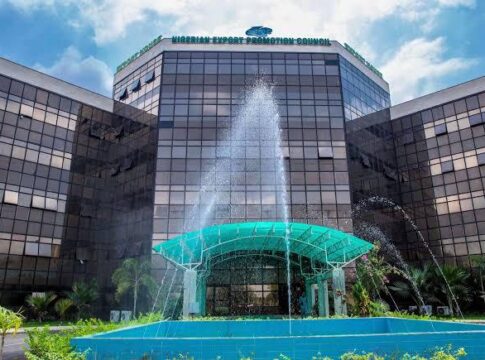The African Development Bank (AfDB) is driving Africa’s agricultural transformation with a $3 billion investment in Special Agro-Industrial Processing Zones (SAPZ) across 11 nations. This ambitious initiative aims to boost food security, enhance economic opportunities, and position Africa as a global food powerhouse.
“This investment will ensure Africa leads the future of food production,” AfDB President Dr. Akinwumi Adesina said in an interview with Arise TV. “With 65% of the world’s uncultivated arable land, Africa will determine how the world feeds 9.5 billion people by 2050.”
Powering Agriculture Through Infrastructure and Technology
The SAPZ initiative focuses on creating economic hubs close to farming communities, equipped with essential infrastructure such as power, roads, water, and irrigation systems. Adesina explained, “These zones bring transformative infrastructure to rural areas, enabling farmers to scale operations and access markets effectively.”
AfDB’s agricultural efforts are part of its broader “High 5s” strategy, which prioritizes lighting up Africa, feeding Africa, industrializing Africa, integrating Africa, and improving the quality of life for its people.
Ethiopia’s Agricultural Success as a Blueprint
Adesina highlighted Ethiopia as an example of what’s possible. Through the bank’s Technologies for African Agricultural Transformation (TAAT) programme, the country achieved self-sufficiency in wheat production within four years.
“In 2008, we introduced drought-tolerant wheat. Today, Ethiopia is not just self-sufficient but a net exporter of wheat,” Adesina said. This underscores the potential for similar successes across the continent through strategic investments and innovation.
Nigeria Among Key Beneficiaries
Nigeria, Africa’s largest economy, is a significant recipient of AfDB’s agricultural investments. Initially aiming to raise $750 million, the bank, alongside the Islamic Development Bank and IFAD, secured $2.2 billion for Nigeria’s agro-industrial transformation.
“This is a massive win for Nigeria,” Adesina said. “It shows the potential of collective financing to tackle food insecurity and drive growth.”
Why It Matters
AfDB’s $3 billion SAPZ initiative could unlock Africa’s potential as the world’s food basket while transforming rural economies. With proper infrastructure and investments, millions of farmers will access better markets, enhance productivity, and improve livelihoods.
As Adesina aptly put it, “The future of global food security depends on Africa. This is not just an investment in agriculture; it’s an investment in humanity.”




